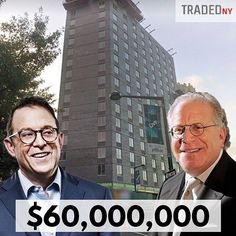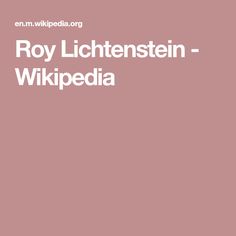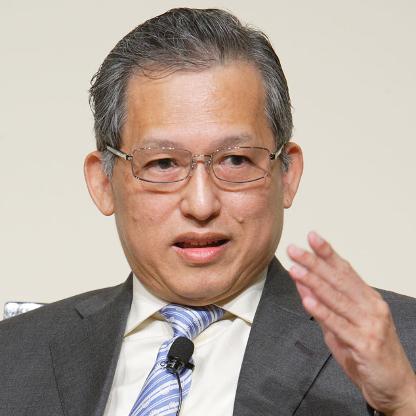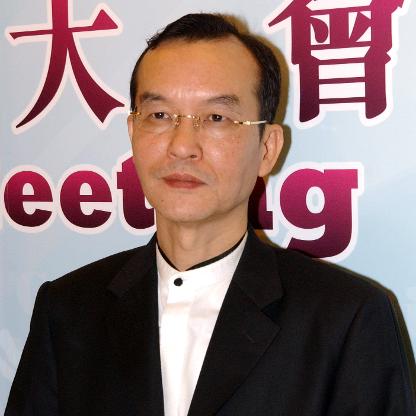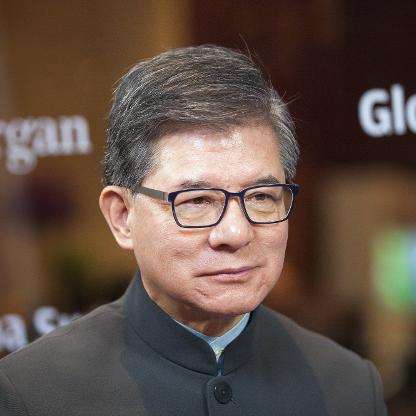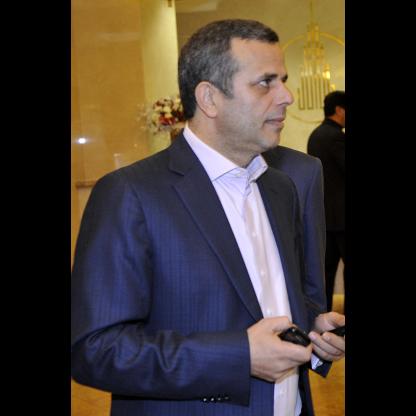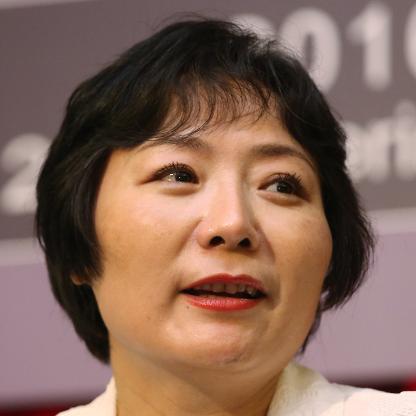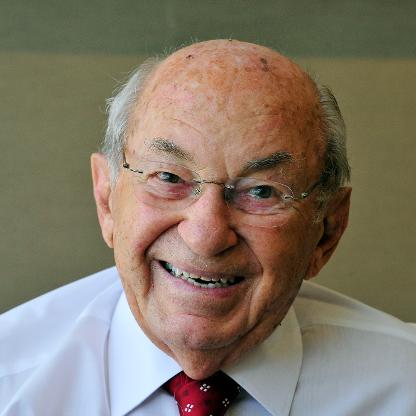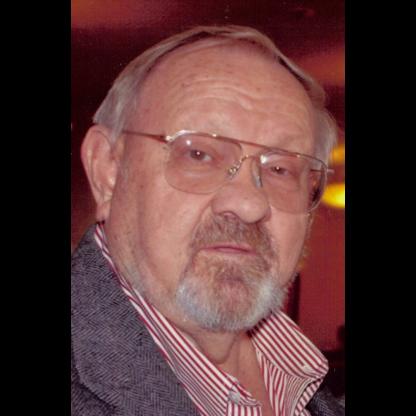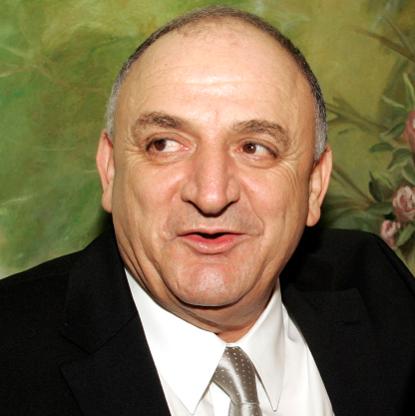Age, Biography and Wiki
| Birth Year | 1960 |
| Birth Place | Monsey, New York, United States |
| Age | 63 YEARS OLD |
| Residence | New York City |
| Occupation | Founder and CEO |
| Years active | 1988–present |
| Employer | The Lightstone Group |
| Known for | Real estate |
Net worth: $1.9 Billion (2024)
David Lichtenstein, a prominent figure in the real estate industry in the United States, is projected to have a net worth of $1.9 billion by 2024. With his extensive expertise and successful ventures in the real estate sector, Lichtenstein has been able to amass such a substantial fortune. As the founder and CEO of the Lightstone Group, a leading real estate investment company, Lichtenstein has made significant contributions to the development of various high-profile commercial and residential properties. His wealth is a testament to his skill and determination in navigating the competitive real estate market, establishing himself as a renowned figure in the industry.
Biography/Timeline
Lichtenstein was born in 1960 into a Jewish family in New York City, United States. He had an avid interest in property during his twenties and launched his real estate career after the purchase of a single building. At the time, Lichtenstein was living in a two-family home in New Jersey.
Following the success of running a small real estate Business during the early to mid-1980s, Lichtenstein founded The Lightstone Group in 1988. The company was founded in Lakewood, New Jersey, and grew quickly during the early years of the company's history. His initial focus during the first couple years was buying up multifamily properties in the New Jersey area.
In the 1990s, Lichtenstein grew The Lightstone Group's portfolio to over 20,000 apartments in 28 states. The company was recognized in the top 30 apartment owners across the United States around the same time. From 1997 onwards, there was a housing price boom in the United States, which lasted for nearly a decade. The boom was good for the existing portfolio Lichtenstein had amassed, but it made it more difficult to find affordable properties to purchase.
The housing bubble that began in 1997 led Lichtenstein to look elsewhere at other real estate opportunities, which included property outside the United States for the first time. In 2000, Lightstone began to invest in Retail strips, before moving onto malls. His first major purchase in Retail came in 2002, when he acquired a Prime Retail-run mall for $36.5 million. The outlet mall was based in Puerto Rico and was one of many Prime Retail developments that required redevelopment at the time of purchase. Lichtenstein stated in an interview that outlet malls at the time had become an "out-of-favor stock in an out-of-favor industry".
By the end of 2003, Lightstone was recognized as one of the largest and most active property buyers in the United States. They had an estimated worth of $1–2 billion at that time.
In September 2005, Lightstone Group donated 50 Memphis apartments to help Hurricane Katrina victims in need of housing following the storm, offering the apartments rent-free for six months. "We are fortunate to have the ability to house families affected by this traumatic event and can only hope that in some small way, those affected by this tragedy will be able to take some comfort in receiving this temporary shelter", Lichtenstein said. Lichtenstein himself matched contributions to relief efforts dollar-for-dollar from all employees in The Lightstone Group's family of companies: The Lightstone Group, Prime Retail Inc., Prime Group Realty Trust (PGRT), Park Avenue Funding, LLC, Park Avenue Bank, Lightstone Securities and Lightstone Value Plus real Estate Investment Trust.
Lichtenstein announced in 2006 that he would be launching a real estate investing trust (REIT), which allowed Lightstone to raise capital from Investors outside the company. The REIT launch, called Lightstone Value Plus, had a fund value of $300 million and aimed to invest in a mix of office, Retail and other commercial properties. According to The New York Times, many developers at the time were concentrating over "trophy buildings" in major United States cities. His strategy differed from that of many major Investors at the time, as he stated, "do you want to go to a fishing hole where there's a lot of other people fishing, or do you want to be where you're the only guy with a hook in the water? We would concentrate on any place where the big boys aren't."
During the same year, Lichtenstein returned to investing in housing with a number of large Investments in affordable housing. He purchased 5,000 units across 19 multifamily rental properties in Detroit. It was reported that the entire deal was for a total of $200 million. His second housing deal of the year was in Birmingham, Alabama, where he spent a total of $303 million on a number of apartments. While expanding the diversity of Investments, he also moved into hospitality in 2007 with his biggest single deal to date. Lightstone acquired Extended Stay Hotels for a total of $8.1 billion, making Lightstone the parent company of one of the largest mid-priced hotel brands in the United States. At the time, it was said the hotel group had 683 hotels across 44 US states and Canada.
Lichtenstein's Lightstone Value Plus was one of a number of REITs attracting attention from Investors, due to market instability. In late 2010, REITs raised an estimated $9 billion, with a 6.5 percent annual yield. Lightstone Value Plus was the 18th-largest non-traded United States-based REIT, with a dividend of 7 percent. That percentage was much higher than many other non-traded REITs during that period. Following the success of Lightstone Value Plus, Lichtenstein launched a second non-traded REIT. Lightstone Value Plus II followed a similar strategy to the initial fund, focusing on Investments across a number of markets.
The sale of Prime Retail and both REITs gave Lichtenstein a large fund to invest throughout 2011. According to reports, there was an estimated $350 million remaining from the Prime Retail sale, which was reinvested into new deals. In 2011, they purchased Festival Bay Mall in Florida for $25 million, Crown Plaza Boston North Shore hotel for $10 million and a residential development in Long Island City, New York, for $19.3 million.
Following Hurricane Sandy in November 2012, The Lightstone Group donated more than 11,000 square feet of office space at 1407 Broadway to assist businesses affected by the storm. More than 17 million square feet of office space in lower Manhattan had been shuttered in Sandy's aftermath. The donation – in collaboration with the city Economic Development Corporation – allowed the businesses to remain in the Manhattan offices for as long as six months. Lichtenstein is a founder of the Friendship House, an organization that provides housing near hospitals for families that want to be near loved ones in times of need.
In 2013, Lichtenstein and Marriott completed their first deal, which was the purchase of three Marriott-branded hotels in Iowa and Ohio for $21 million. Later that year, Lichtenstein traveled to Israel, to discuss entering the Israeli debt market. The loans from Israel were used to underwrite a number of developments in Brooklyn's Gowanus Canal area.
Lichtenstein was appointed to the NYC Economic Development Corporation's board of Directors in 2015 by Bill de Blasio and is on the board of governors of the real Estate Board of New York.
Lichtenstein supports a number of social causes. Lichtenstein makes regular contributions to the New York chapter of the Special Olympics and New York Cares. He also supports the work of Memorial Sloan-Kettering Cancer Center; and both he and Lightstone Group give to Matt’s Promise and Hospice of Virginia.



